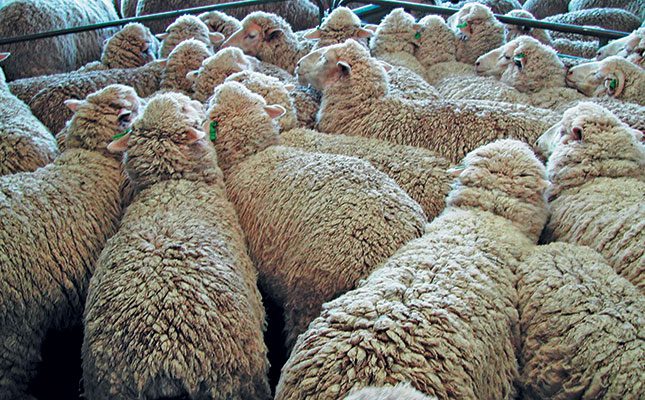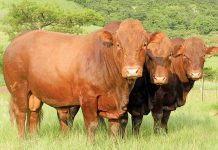
The directive, which is a tactic to strengthen regulations that are already in place, is in respect to the authorisations required for the purposes of importation and/or exportation of live animals.
The stricter enforcement of regulations comes after livestock carrier Al Kuwait docked in Cape Town for fodder, transporting around 19 000 livestock from Brazil to the Middle East in extremely poor condition, with sick and dead animals on board.
The incident raised alarm bells with animal welfare organisations and the greater public.
According to agriculture department spokesperson Reggie Ngcobo, the directive is in line with the requirements for import authorisation for live animals in terms of the Animal Improvement Act No. 62 of 1998 (AIA), and it is aimed at intensifying compliance with Section 16.
The directive states that authorisation for the importation and exportation of live animals and related genetic materials must be applied for in terms of the AIA, he said.
“This includes all existing veterinary import permits that were issued prior to 1 April 2024. In the case of new applications, the animal improvement permit/authorisation must be applied for first, and the AIA permit/authorisation must be attached to the application for the veterinary import permit submitted to the department.”
Ngcobo said in the case of veterinary import permits issued prior 1 April 2024 under the Animal Diseases Act Act No. 35 of 1984, importers and exporters had to ensure that they included copies of valid AIA permits.
“Game and/or wild animals, as well as animals such as cats, birds and fish do not require an AIA permit/authorisation for importation,” Ngcobo said.
Meanwhile, the SPCA maintains its stance, opposing all forms of transportation that compromise the well-being of all animals or which causes or may cause pain, suffering, distress or lasting harm.
“Animals are transported by various means. However, transportation of live animals by sea, in particular livestock intended for slaughter, holds serious animal well-being concerns.
It is unnecessary to transport animals intended for slaughter by sea, especially if viable and humane alternatives exist close to the point of production.
This method of trade causes pain, suffering and distress to many animals, including high mortality rates occurring during the voyage,” the SPCA said in a statement.
“The SPCA advocates that the animals should be transported in carcass form.
The National Council of SPCAs remains steadfast in our statement of policy relating to live export of animals by sea and maintain that no country has the capacity or capability to ensure or guarantee animal welfare on livestock vessels.
Our short-term objective is to ban the live export of animals by sea from South Africa across the equator











